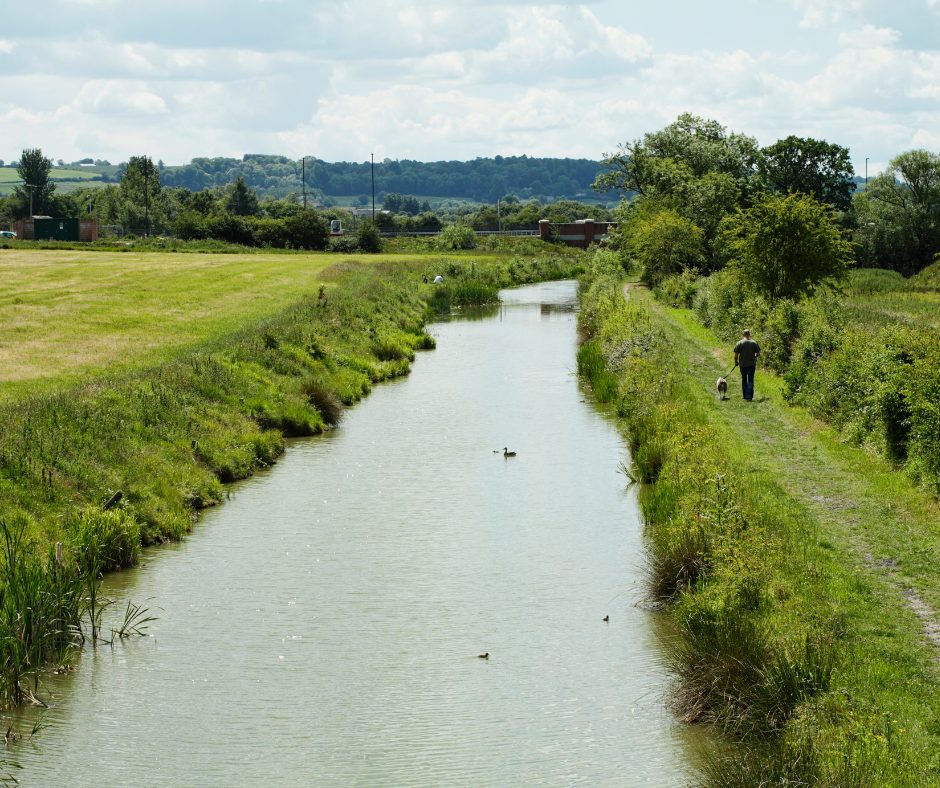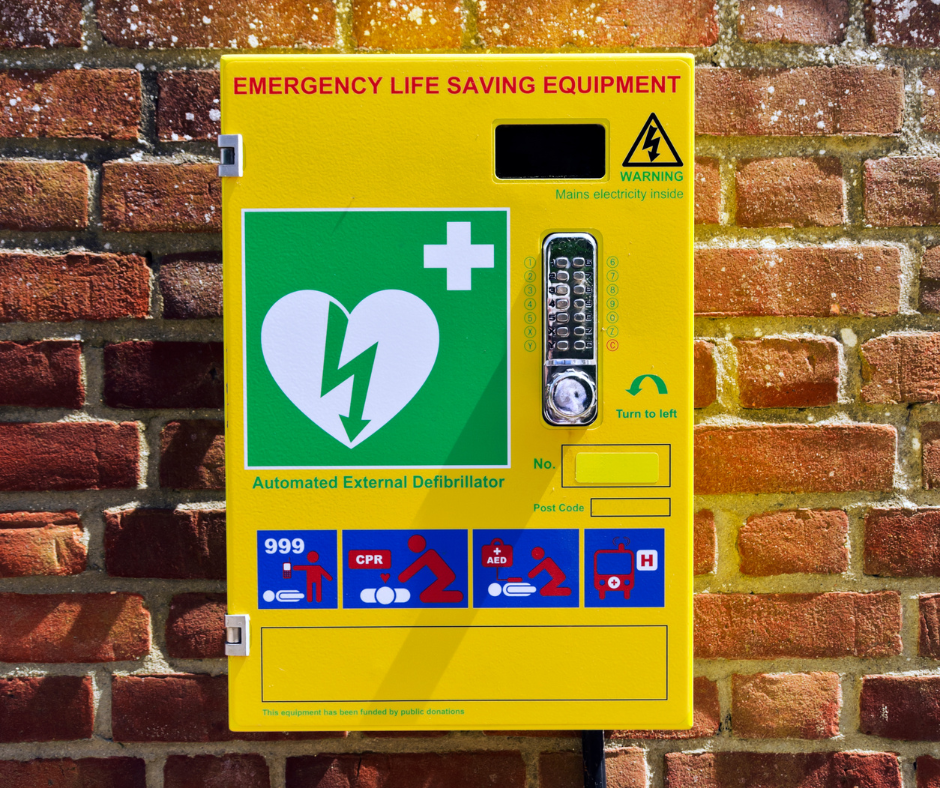Charitable trust fined following death of volunteer
 A charitable trust has been fined after a volunteer lost his life during restoration work on the Wilts and Berks Canal.
A charitable trust has been fined after a volunteer lost his life during restoration work on the Wilts and Berks Canal.
Peter Konitzer was fatally crushed when a section of a wall collapsed onto him in an excavation at Pewsham locks on 24 August 2016.
The 62-year-old had been inside the excavation removing temporary propping that was supporting the wall when the section collapsed.
Wilts & Berks Canal Trust undertook the restoration work as part of its project to preserve, conserve and improve the route of the Wilts and Berks Canal.
A joint investigation by the Health and Safety Executive (HSE) and Wiltshire Police found Wilts & Berks Canal Trust had failed to ensure the safety of volunteers who were working within the excavation. The temporary propping was inadequate and there was no clear method for the safe installation or removal of props during this renovation work.
The trust routinely used volunteers to assist in work to undertake tasks including clearing rubbish and overgrowth from various canal sites and general gardening type duties but had increasingly used volunteers for light construction works.
Read more on the SHP website.
Ever thought you could give Gareth Southgate a run for his money? What the world of health, safety and wellbeing can learn from sport
 Scott Hassall works as one of Tribe’s Culture Change Consultants. When he’s not working for Tribe, he’s a professional sportsman. Here he reveals how health, safety and wellbeing managers can learn from athlete/coach relationship.
Scott Hassall works as one of Tribe’s Culture Change Consultants. When he’s not working for Tribe, he’s a professional sportsman. Here he reveals how health, safety and wellbeing managers can learn from athlete/coach relationship.
On entering the corporate world, the crossover between workplace management and athletic coaching really stood out to me. One of the most significant parallels was the impact of the coach/athlete relationship and the manager/worker relationship.
The performance of a business is heavily reliant on managers motivating their team to perform well. It’s the relationship they have with their team that plays a critical part in both team and individual performances.
Despite advances in technology, no amount of machinery can replace human interaction, so it’s vital that managers create positive, genuine and real relationships with their workers. This builds trust and eventually leads to improved performance.
In sport, coaching can be viewed as a process and practice where both coaches and athletes are expected to engage, interact and communicate. A good quality relationship matters not only because it drives better results but because it creates a social environment where both the coach and the athlete feel positive, happy, energised, determined and resilient.
Learn more on the SHP website.
Workers unconfident attending to cardiac arrest
 In the past year alone, 34,407 people in the UK have suffered an out-of-hospital cardiac arrest. Of these, 4,472 occurred outside the home, relying on members of the public and colleagues to attend to them.
In the past year alone, 34,407 people in the UK have suffered an out-of-hospital cardiac arrest. Of these, 4,472 occurred outside the home, relying on members of the public and colleagues to attend to them.
With this in mind, new survey findings by health and safety experts, Direct365 has revealed how prepared workplaces are in the event that a staff member suffers a cardiac arrest. The findings focused on the number of UK workplaces with a defibrillator on premises, workers’ confidence in attending to a cardiac arrest and the accessibility of public defibrillators.
Surveying 2,000 UK workers, Direct365 asked participants about their confidence in attending to someone with a cardiac arrest and quizzed them on their knowledge in using a defibrillator.
Visit the HSM website for more on the research.
New study seeks to measure AI’s workplace wellbeing impact
 UK National Health and Wellbeing Forum (NHFW) calls for input to support AI in workplace research.
UK National Health and Wellbeing Forum (NHFW) calls for input to support AI in workplace research.
The project aims to determine the impact AI has on psychological health and wellbeing in the workplace, and the role it might play in broader, strategic business outcomes.
The NHFW is a group representing Government, academia, professional institutions, and 50 of the UK’s largest employers across all sectors of the economy.
As AI becomes more widely adopted, it is hoped the findings from the study will help guide those responsible for occupational health and wellbeing, who might have until now, been unable to weave the technology into wider business objectives.
The survey, delivered by the University of Manchester, takes approximately ten minutes to complete and can be done so here.
For more on the study visit the SHP website.
To keep up to date with the latest health & safety news and advice, follow us on social media:
